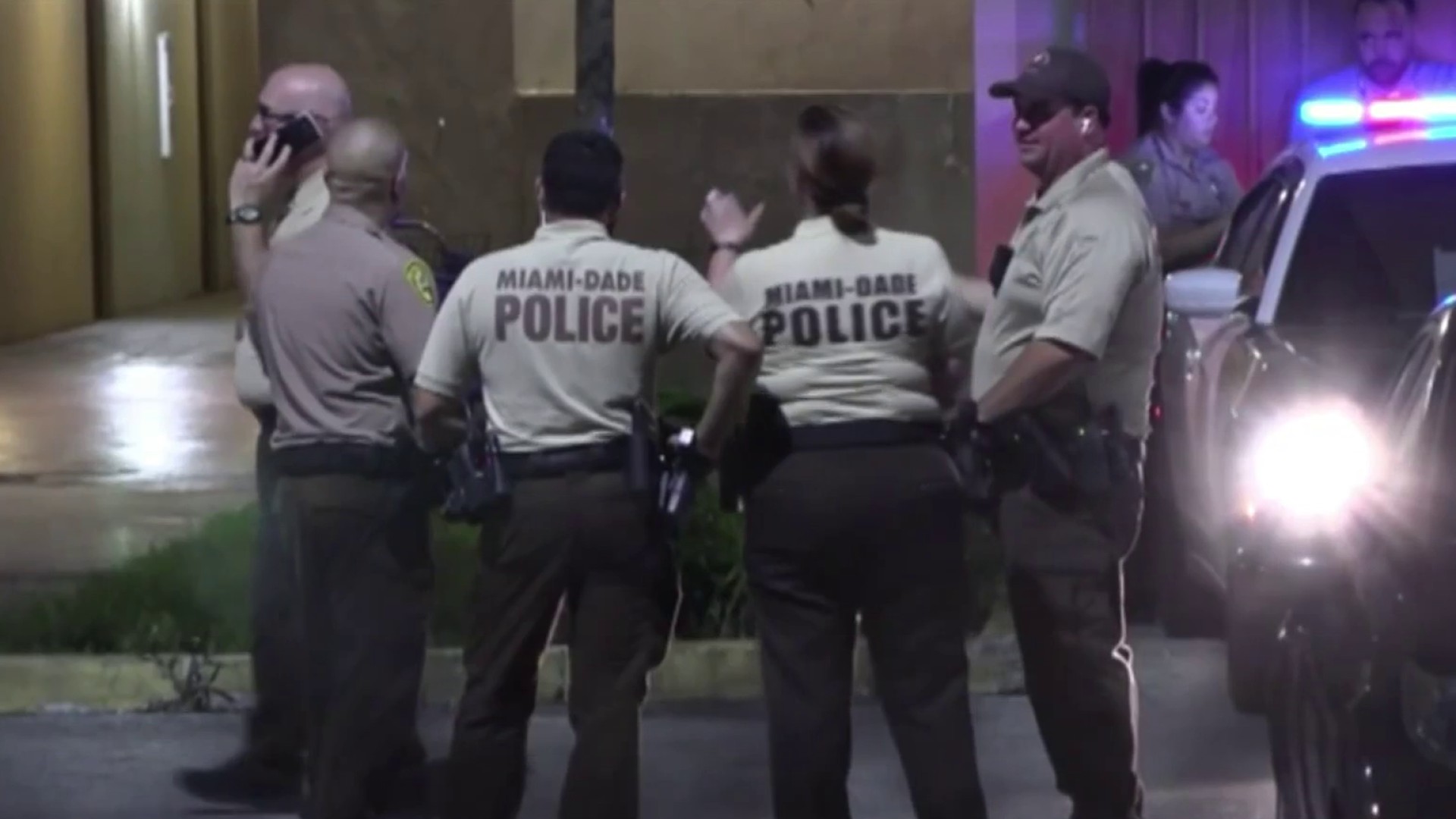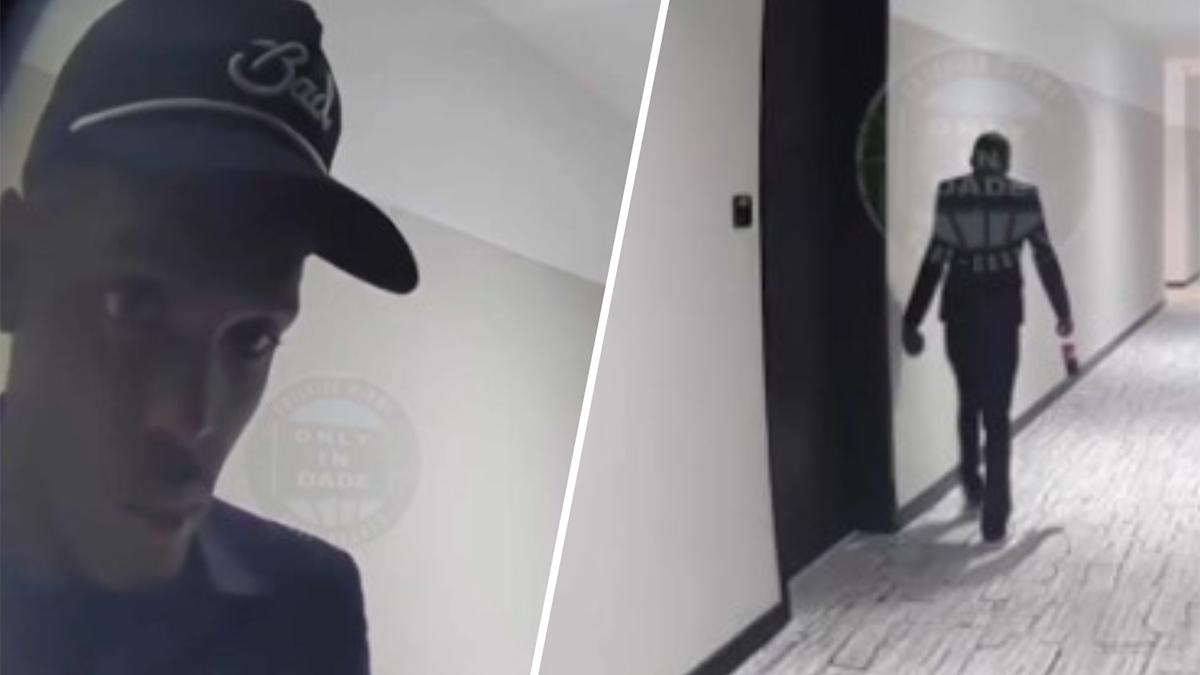Florida lawmakers are entering the final two weeks of their annual 60-day session — the period when bills either start flying, or start dying.
It's when things get unpredictable and hectic as deals are being made on the largest issues facing lawmakers. And even though lawmakers have had seven weeks to iron out differences between House and Senate bills, the next two weeks is when bills can rapidly start changing. There was some evidence last week that deals are in the works as Senate health care bills started coming closer to the House bills. Republican Speaker Jose Oliva has made reducing health care costs a priority.
Now we'll see if the House starts moving toward one of Republican Senate President Bill Galvano's priorities: creating three new toll highways to cut through rural areas of the state. One would connect Collier County in the southwest to Polk County, located between Tampa and Orlando. Another would extend the Suncoast Parkway from Citrus County to Jefferson County, which borders Georgia. The other would extend from the north end of the Florida Turnpike to the Suncoast Parkway.
The idea is to provide better access to rural areas that haven't seen job growth like other parts of the state. They would also relieve congestion on other highways and provide more hurricane evacuation routes.
And while top policy is being negotiated, so will the state's budget. The Senate has proposed a $90.3 billion spending plan and the House has an $89.9 billion proposal.
"I'm actually feeling pretty good about everything," Galvano said about the budget.
And while historically the trading on policy issues is often tied to the trading on budget issues, Galvano insisted that won't necessarily be the case.
Local
"There are continuing discussions about policy, but in dealing with Speaker Oliva, we're not horse traders. We both approach the process genuinely and as gentlemen," Galvano said.
Lawmakers have slightly more than a week to work out the budget differences. While the session is scheduled to end May 3, once there's a budget agreement, lawmakers can't vote on it for 72 hours.
It's a cooling off period required by law so the massive spending document can be reviewed before it's finally approved. So in order to get home on time or avoid coming back for a special session, lawmakers must complete the budget by April 30.
Among other big issues coming up, the Senate is scheduled to vote Tuesday on a wide-ranging school safety bill that's divided Republicans and Democrats over one provision: expanding a program that now allows some, but not all, teachers to carry guns in schools. The issue has prompted hours of discussion leading up to the final vote. The bill is based on recommendations from a commission formed to examine the shootings at Marjory Stoneman Douglas High School in Parkland last year that left 17 dead.
Despite agreeing on the bulk of the bill, including provisions that focus on mental health screening and reporting potential threats, Democrats and Republicans are divided over changes to the "guardian program." The current program allows teachers to carry guns in school if they have a role outside the classroom, such as an athletic coach. School districts have to approve the program and teachers have to volunteer and undergo training and psychological evaluations. The bill being considered opens the program up to all teachers, regardless of other roles.
Democrats fear more guns in schools could lead to accidents or possibly shootings if students physically confront teachers. Republicans say arming teachers could prevent deaths, and say it could have saved lives if the program was in place before the Parkland shooting.
A bill to ban sanctuary policies and require local law enforcement agencies to cooperate with federal immigration authorities is coming up on the House floor Tuesday. It's been the subject of contentious debate, with Democrats arguing it's a politically motivated, unnecessary piece of legislation that targets minorities. Republicans say it's a matter of following the rule of law and it's needed to make the state safer. If an immigrant in the country illegally is arrested and is the subject of a federal immigration detainer, it would require state authorities to alert federal authorities and hold that person for 48 hours.



